Many children hospitalized with meningitis
Recently, the Tropical Disease Center, National Children's Hospital has received and treated many hospitalized children with meningitis, mainly caused by Enterovirus (EV).
Among them, a boy (7 years old, in Hanoi), with a history of good health, about 1 day before being admitted to the hospital, the child had a headache, accompanied by vomiting and fever. The family took the child to a medical facility for examination. Here, the doctors suspected the child had meningitis and transferred him to the National Children's Hospital for treatment.
At the National Children's Hospital, doctors discovered that the child's cerebrospinal fluid contained many white blood cells, mainly lymphocytes; the test was positive for Enterovirus. The child was diagnosed with meningitis. After 5 days of treatment, the child was discharged from the hospital.

In addition, the hospital received a 10-year-old boy in Hanoi with fever, vomiting, fatigue, headache and stiff neck. Here, doctors diagnosed the child with meningitis caused by EV. After treatment, the child was discharged from the hospital without complications.
Similarly, at the Department of Pediatrics, Hanoi Medical University Hospital, many children were admitted and treated for headaches, vomiting, and fever. The first case was a 5-year-old female patient with a history of good health. 3 days before admission, the child had severe headaches accompanied by vomiting 3 times a day, vomiting food, and a mild fever of 38 degrees.
Upon arriving at the Department of Pediatrics, Hanoi Medical University Hospital, doctors noticed that the patient had a headache accompanied by stiff neck symptoms (a sign of meningitis); the cerebrospinal fluid had an increased number of cells (154 cells). The patient tested positive for Enterovirus. After 1 week of treatment for viral meningitis, the patient was discharged from the hospital without any complications.
The second patient is a 16-year-old patient with a healthy history. His family has a younger sister who was recently diagnosed with viral meningitis a week ago. The day before admission, the patient suddenly had a severe headache, poor response to painkillers, nausea, and a low fever (37.9 degrees Celsius).
After being admitted to the hospital, the patient was diagnosed with enterovirus meningitis and promptly treated according to the protocol. The patient recovered after 5 days of treatment.
Proactively prevent diseases for children
Dr. Ngo Thi Huyen Trang - Department of Pediatrics, Hanoi Medical University Hospital said that viral meningitis occurs year-round, but is most common in the summer and fall. Enterovirus (EV) is a family of many viruses, some of which are very dangerous to humans and can cause epidemics.
If immune measures fail to stop the virus from multiplying, the virus re-enters the bloodstream and causes damage to target organs including the brain and meninges. In fact, the signs and symptoms of EV meningitis can be similar to a number of other diseases, so it can be misdiagnosed.

According to Dr. Pham Thi Que - Tropical Disease Center, National Children's Hospital, meningitis occurs in all ages but the risk is higher in people with weakened immune systems and children. The most common causes of viral meningitis include: Enterovirus (Coxsackie or Echovirus group), Herpesvirus (HSV1 and 2, VZV, CMV, EBV, HHV6), Arbovirus group (Japanese encephalitis virus, dengue virus...).
EV is mainly transmitted through the digestive tract, meaning that the patient will excrete the virus through feces or oral secretions, thereby infecting surrounding children. In addition, EV also causes hand, foot and mouth disease. Most cases of meningitis caused by EV usually progress benignly, after treatment, the child recovers completely and leaves no sequelae.
The main symptoms of viral meningitis in general and Enterovirus in particular can appear suddenly and include: fever, chills, headache, stiff neck, nausea or vomiting, sensitivity to light (photophobia), loss of appetite, fatigue. Sometimes there are symptoms of viral infection such as runny nose, cough, body aches or rash, before the symptoms of meningitis appear...
Medical experts recommend that there is currently no specific treatment or vaccine for meningitis caused by EV. Therefore, to prevent the disease in children, parents and caregivers need to instruct children to wash their hands with soap before eating, after coughing, sneezing, and using the toilet; to eat cooked food, drink boiled water, and use clean food of clear origin.
Parents should clean shared toys, keep the living environment clean, and disinfect frequently touched surfaces such as doorknobs, tables, and chairs to prevent the spread of the virus. Parents should take their children to the nearest medical facility immediately if they show signs of vomiting, headache, or do not respond to fever-reducing medication for timely diagnosis and treatment by a doctor.
Source: https://kinhtedothi.vn/khong-chu-quan-voi-benh-viem-mang-nao-do-virus-o-tre.html




![[Photo] 60th Anniversary of the Founding of the Vietnam Association of Photographic Artists](/_next/image?url=https%3A%2F%2Fvphoto.vietnam.vn%2Fthumb%2F1200x675%2Fvietnam%2Fresource%2FIMAGE%2F2025%2F12%2F05%2F1764935864512_a1-bnd-0841-9740-jpg.webp&w=3840&q=75)
![[Photo] National Assembly Chairman Tran Thanh Man attends the VinFuture 2025 Award Ceremony](/_next/image?url=https%3A%2F%2Fvphoto.vietnam.vn%2Fthumb%2F1200x675%2Fvietnam%2Fresource%2FIMAGE%2F2025%2F12%2F05%2F1764951162416_2628509768338816493-6995-jpg.webp&w=3840&q=75)




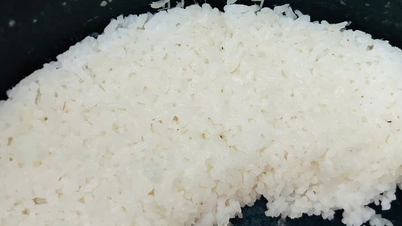





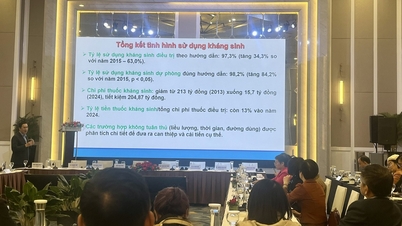
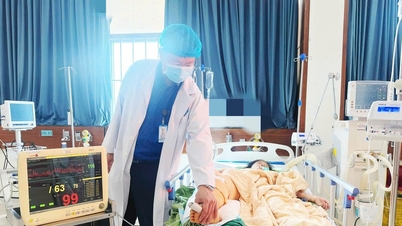




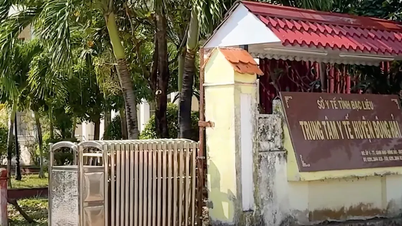

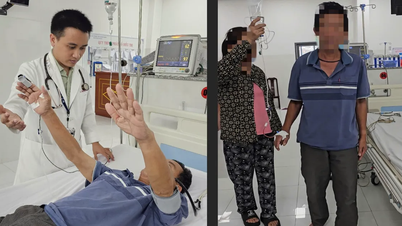

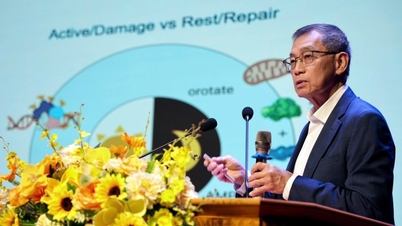









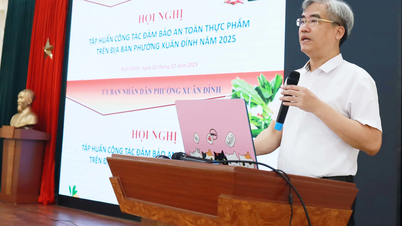

















































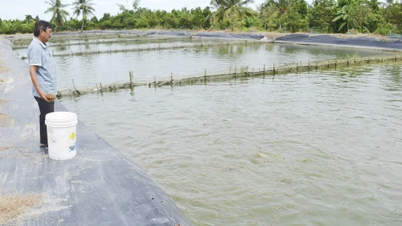























Comment (0)